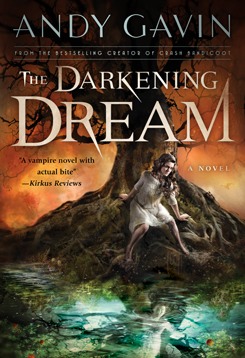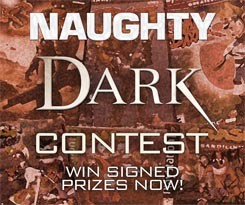 The good news is that the comments from my Nov 13 draft came back Tuesday and they were very positive, and a lot less extensive than the previous three batches. So hot off an intense 8 day mega redraft, followed by one day of toddler party, followed by a full read in one day, followed by a half day of fixing the things I found in my own read… I did another 2 day mini full draft. v4.60.
The good news is that the comments from my Nov 13 draft came back Tuesday and they were very positive, and a lot less extensive than the previous three batches. So hot off an intense 8 day mega redraft, followed by one day of toddler party, followed by a full read in one day, followed by a half day of fixing the things I found in my own read… I did another 2 day mini full draft. v4.60.
I think it’s finally getting pretty close to just needing line editing (polish and smaller scale fixes). One thing about the process, however, is that a bit like a video game before you’ve had the testers pound on it, one is not entirely sure what one has. Sure, I know the book so well I can name every one of my 300 scenes in consecutive order, quote passages, or tell you to the day and version how a scene has evolved. Still, it’s hard to judge the work as a whole without a full read — and I just did one on Monday (plus two full drafting passes since then).
This is why one needs a ready supply of beta readers. Too bad it’s illegal to lock friends in a room with the book and tell them no food until they slide notes back out under the door.

























